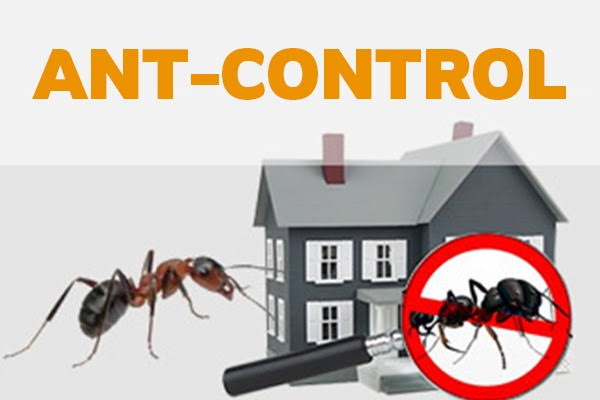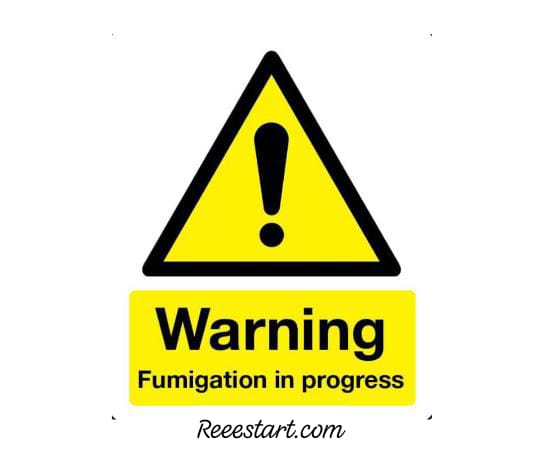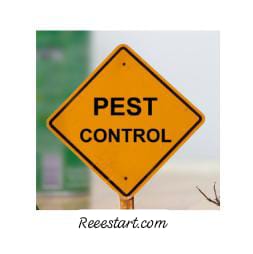Ant control Dubai can be a persistent and frustrating problem in Dubai, especially during the warmer months, The warm, humid climate provides ideal conditions for their survival and reproduction. Several factors contribute to their prevalence:
Ants control Dubai A Persistent Pest Problem
Ants are a pervasive pest issue in Dubai, The city’s warm, humid climate provides ideal conditions for their survival and reproduction, Several factors contribute to their prevalence:
- Food availability, Dubai’s diverse cuisine and food storage practices can attract ants of various species.
- Water sources, Leaky pipes, condensation, and improperly sealed containers can provide water for ant colonies.
- Shelter, Cracks, crevices, and gaps in buildings offer ideal shelter for ants to establish their nests.
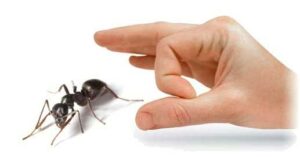
Common Types of ants found in Dubai
Common types of ants found in Dubai include:
- Pharaoh ants, Small, yellow-brown ants that often infest buildings, especially in kitchens and bathrooms.
- Black ants, Large, black ants that can be found both indoors and outdoors, foraging for food and water.
- Carpenter ants, Wood-destroying ants that can cause significant damage to structures by tunneling through wood.
Ant Control Dubai infestations
To prevent and control ant infestations in Dubai, consider the following tips:
- It’s crucial to Keep food areas clean and free of crumbs, store food in airtight containers, and regularly clean up spills.
- You must Repair leaks, address humidity issues, and seal cracks and crevices in your home or business.
- You must Conduct regular inspections of your home or business for signs of ants, such as trails, nests, or ant activity.
- If you have a severe ant infestation or are unable to control the problem on your own, consider contacting a professional pest control service.
The Life Cycle of Ants is A Fascinating Journey
Ants, tiny but incredibly complex creatures, go through a fascinating life cycle that involves several stages. Here’s a breakdown of the typical ant life cycle:
Egg
- Laying,The queen ant lays eggs in the ant colony’s brood chambers. These eggs are usually tiny and white.
- Incubation, The eggs are carefully tended to by worker ants, who keep them clean and humid.
Larva
- Hatching, After a period of incubation, the eggs hatch into larvae, which are worm-like and blind.
- Feeding, Worker ants feed the larvae a diet of regurgitated food or a special substance produced by the queen’s salivary glands.
- Larvae, grow rapidly during this stage, shedding their skin several times.
Pupa
- Metamorphosis, Larvae eventually spin a cocoon or pupate. Inside the cocoon, the larva undergoes a dramatic transformation.
- During the pupal stage, the ant’s adult features begin to develop.
- Emergence, After a period of development, the adult ant emerges from the cocoon.
Adult
- Specialization, Adult ants are specialized for different roles within the colony, such as foraging, caring for young, defending the nest, or reproducing.
- Lifespan, The lifespan of an ant can vary depending on its species and role within the colony, Worker ants typically live for a few weeks to a few months, while queens can live for several years or even decades.
Interesting facts about ant life cycles
- Queen ants, The queen ant is the largest and most important member of the colony. She is responsible for laying eggs and producing pheromones that regulate the colony’s behavior.
- Worker ants, Worker ants are sterile females that perform most of the tasks within the colony, such as foraging, caring for young, and defending the nest.
- Male ants, Male ants are typically smaller than worker ants and their primary role is to mate with the queen.
- Colony cycle, Some ant species have complex colony cycles that involve the formation of new colonies through a process called swarming.
Ant control Dubai Methods
Ants can be a persistent and annoying pest, but there are several effective methods to control their populations and prevent infestations, Here are some popular approaches:
Non-Chemical Methods
- Seal cracks and crevices in your home or business.
- Use caulk or silicone sealant to prevent ants from enteringPlace diatomaceous earth along ant trails to create a natural barrier.
- Sprinkle peppermint oil, citrus peels, or vinegar around ant entry points.
- Plant herbs like lavender, basil, or mint near your home.
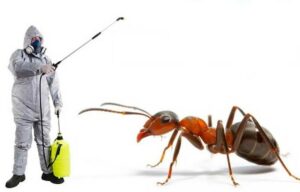
Chemical Methods
Chemical methods is one of most common Ant control Dubai solutions:
Ant Baits
- Place ant baits near ant trails or entry points.
- Ants will take the bait back to their colony, killing the queen and other ants.
Residual Sprays
- Apply residual sprays to areas where ants are frequently seen.
- These sprays will kill ants on contact and create a barrier that repels them.
Professional Ant control Dubai 2024
For severe infestations or persistent problems, consider hiring a professional pest control service. They have the expertise and equipment to eliminate ants effectively.
Important Considerations to put into mind
- It is important to Know the type of ant you’re dealing with can help you choose the most effective control method.
- Address the underlying factors that attract ants, such as food sources, water leaks, and harborage sites.
- It may take time to see results, especially for large infestations.
- Always read and follow the instructions on any ant control products.
Eco-Friendly Methods to Get Rid of Ants
Here are some eco-friendly methods to deter and eliminate ants from your home or garden:
Natural Repellents
- Essential Oils such as Peppermint, eucalyptus, and citrus oils are natural repellents. Place cotton balls soaked in these oils near ant entry points.
- Vinegar,you can Mix equal parts vinegar and water and spray the solution on ant trails and their nests.
- Diatomaceous Earth, This fine powder is made from fossilized diatoms. It cuts into ants’ exoskeletons, causing dehydration. Sprinkle it along ant trails and near entry points.
Physical Barriers
- Caulk cracks and crevices around windows, doors, and foundations to prevent ants from entering.
- Use homemade traps made with honey or sugar and borax. Ants will be attracted to the food and consume the borax, which is fatal to them.
Habitat Modification
- Keep food and crumbs cleaned up to reduce attractants.
- Fix leaky pipes and faucets to prevent moisture that attracts ants.
- Certain plants, such as lavender, basil, and mint, can repel ants.

